|
Syrian filmmaker Talal Derki poses as radical Islamist to gain access to fundamentalist clan At any point in a two-and-a-half year stretch of filming, director Talal Derki could have lost his life making Of Fathers and Sons. He took extraordinary risks to complete the documentary, the story of 45-year-old Abu Osama, one of the founders of the Syrian Jihadist group al-Nusra, and his young sons. To penetrate the world of this radical Islamist family, Derki posed as a believer himself who wanted to document Osama and his children to further al-Nusra's militant goals. "I don't have that much background in religion so I told them that 'the light of jihad came to my eyes and you are right and I'm here to learn. At the same time with my camera I can help make [films] for you,'" Derki explained in an interview with Nonfictionfilm.com at the Sundance Film Festival, where Of Fathers and Sons held its U.S. premiere. How can a kid like 10 years old dream of caliphate instead of having a normal life, playing around or doing some sports? So they are victims in this war. This ruse allowed him to reveal in intimate detail the influence of a fundamentalist ideology that constitutes one dimension in the chaos of Syria's Civil War. "I wanted to penetrate the psychology and the emotions of this war, understand what made people radicalize and what drives them to live under the strict rules of an Islamic state," Derki wrote in a director's statement. "Although I am an atheist, I prayed with them every day and led the life of a good Muslim to find out what is happening in my country." Of Fathers and Sons unfolds in vérité style, with Derki's camera capturing elements of the hardscrabble life of Osama and his brood of boys who range in age from 13 to about two. Theirs is a world of casual brutality -- where empathy is pounded out of the boys and talk of beheadings appears as normal as discussion of video games among Western kids their age. In one scene the boys hurl stones at schoolgirls, professing offense at their failure to where hijabs. Osama raises his boys not to be scientists or artists but soldiers in the holy war that is the father's prime mission -- the dream of creating an Islamic caliphate. For the filmmaker -- a Syrian of Kurdish descent who subscribes to humanist values, the fundamentalist upbringing of Osama's children is deeply alien. "How can a kid like 10 years old dream of caliphate, instead of having a normal life, playing around or doing some sports?" he asked. "So they are victims in this war." The film shows the oldest boys, Osama (13) and Ayman (12) training for jihad in their desert khakis. The younger boy later returns to school, but teenage Osama continues on the path of a soldier. "He [the father] sends the kid he loves so much, his son he loves so much, he sacrificed him for his ideology," Derki said of the elder Osama. "I witnessed the death of a lot of children who were involved in this war. They carried weapons [even though] they could barely hold them because of the weight." For Derki, there is something wrenching about the fate ordained for young Osama by his father. "In a Muslim society the power of the father authority, the father decides what their kids should be, how to speak, how to behave, where to go, where not to go and what to study," he stated. "Osama, the boy, if he was the son of anyone here [in the West] he would be an artist. I know how sensitive he was. But because he grew up in this environment, you saw him throw stones in the girls school. You saw him. He lied to his father about praying. He doesn't pray. A lot of things he doesn't believe in. But this is the [reality] around him." Of Fathers and Sons won the Grand Jury Prize for World Cinema Documentary at Sundance, the same award Derki earned for his previous film on Syria, Return to Homs. The 2018 jury saluted the director for his depiction of a "destroyed world, a terrifying experience of war and the even more terrifying ways in which we as human beings adjust to it." "Sundance is my family and cinema is my religion," Derki said as he accepted the prize, dedicating the award to the city of Berlin where he now resides. As a younger man he studied film in Greece, an experience that profoundly impacted his view of the world. "This is when I opened my eyes... This is what made my character," he told Nonfictionfilm.com. "[I] more belong to the Western culture. I'm at artist at the end of the day so I have different values in life." His values as a filmmaker compelled him to do something most documentary directors don't -- focus on a system of belief that is odious to him. "Filming something you disagree with -- not many artists or filmmakers do that. They go to the thing that they have the sympathy with, things they admire," he noted, adding that his subject matter created a dilemma -- how to keep the audience engaged. "It not only was stressful or difficult [for me], it's about how can I convince people to watch such a topic... without switching off the TV or leaving the cinema? This was one of the things I worked on all the time to figure out." There are many gripping moments in the film, as when the elder Osama sweeps fields for mines -- the audience uncertain whether at any moment one of the hidden devices will explode. He dismantles some mines by hand, scenes that in a real context equal the tension created by the fictional war drama, The Hurt Locker. Derki told us the hardest scene for him to film involved a group of prisoners -- soldiers in the Syrian army -- who had been captured by al-Nusra forces. Most of the men were shortly to be executed. To these condemned men, Derki must have seemed like an al-Nusra militant eager for their destruction, not someone whose heart was breaking for them. "They know that they're going to die soon and I was filming them with the camera and [to them] I looked like a jihadist with a shaved mustache, wearing the same clothes [as the executioners] and they look at you and they are afraid of you," he remembered. "I really felt broken. I want to go and whisper in their ear that it's going to be all right or, 'I will tell the world what's going on here,' but I couldn't [lest it blow his cover]. I wasn't able to do anything, even to smile to their faces. I was really broken like them." The conflict in Syria has become a proxy war involving Russia, the U.S., Iran, Hezbollah, along with other "stakeholders" including ISIS and al-Nusra, which is affiliated with al-Qaeda. I asked Derki for his thoughts on any possible resolution to the bloodshed in his country, given the complex dynamics of the situation. "I'm not optimistic," he replied. "But I go on this psychological path in the film so people can understand that it's a legacy of violence. Even every time you bomb a city there will always be people who become a Jihadist [as a result]. They were normal, then they become a Jihadist. So the solution for me is... more intervention in the education system and to end the power of the man authority, fathers, [in Muslim countries]." Derki said fathers should not be allowed to beat their children and that, to break the cycle of violence, brutality must be rooted out. "Even the school teachers should not hit the kids for nothing. I was hit a lot when I was in school. This is also because children are like glass. If one breaks, it's broken. And the child will not understand. He becomes something we would not wish anyone we love to be like. Also women should get more freedom, they should be more equal in those Muslim countries if we really want the future to be as we wish." The director says it's imperative for opponents of Islamist ideology to appreciate what they are up against. He learned much from closely observing Abu Osama over a period of years.
"[In the film] I reflected what he believes in, his faith, his beliefs. He believes 100-percent in what he's doing. And this is what I want to show -- that they are super-believing. They are not fake," he insisted. "[Americans] should see how this society looks from inside, what circumstances make the people what they are, to understand the keys. If you don't understand your enemy you cannot defeat him." |
AuthorMatthew Carey is a documentary filmmaker and journalist. His work has appeared on Deadline.com, CNN, CNN.com, TheWrap.com, NBCNews.com and in Documentary magazine. |
- Home
- News
- Videos
-
Galleries
- 2019 Tribeca Film Festival
- Full Frame Documentary Film Festival
- 2019 SXSW Film Festival
- SXSW 2018 Gallery
- 2019 Sundance Film Festival
- Outfest 2018 Photo Gallery
- Outfest 2017
- Sundance 2018 Photos
- 2017 LA Film Festival
- 2017 Cannes Film Festival
- Tribeca Film Festival 2017
- SXSW 2017 Gallery
- 2017 Berlin Film Festival
- Sundance 2017 Gallery
- 2016 Los Angeles Film Festival
- Cannes Film Festival 2016
- SXSW 2016 Gallery
- Berlinale 2016 Gallery
- Sundance 2016 Gallery
- Filmmaker Gallery
- About
- Contact
Proudly powered by Weebly
- Home
- News
- Videos
-
Galleries
- 2019 Tribeca Film Festival
- Full Frame Documentary Film Festival
- 2019 SXSW Film Festival
- SXSW 2018 Gallery
- 2019 Sundance Film Festival
- Outfest 2018 Photo Gallery
- Outfest 2017
- Sundance 2018 Photos
- 2017 LA Film Festival
- 2017 Cannes Film Festival
- Tribeca Film Festival 2017
- SXSW 2017 Gallery
- 2017 Berlin Film Festival
- Sundance 2017 Gallery
- 2016 Los Angeles Film Festival
- Cannes Film Festival 2016
- SXSW 2016 Gallery
- Berlinale 2016 Gallery
- Sundance 2016 Gallery
- Filmmaker Gallery
- About
- Contact

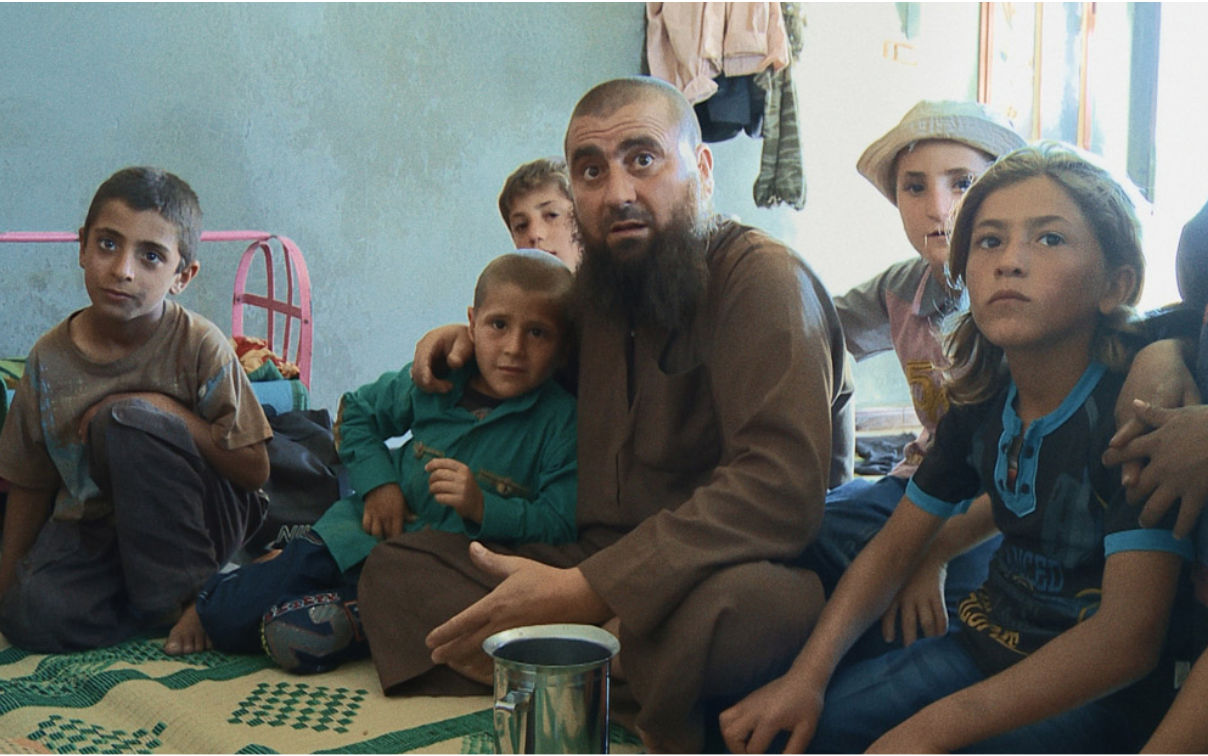
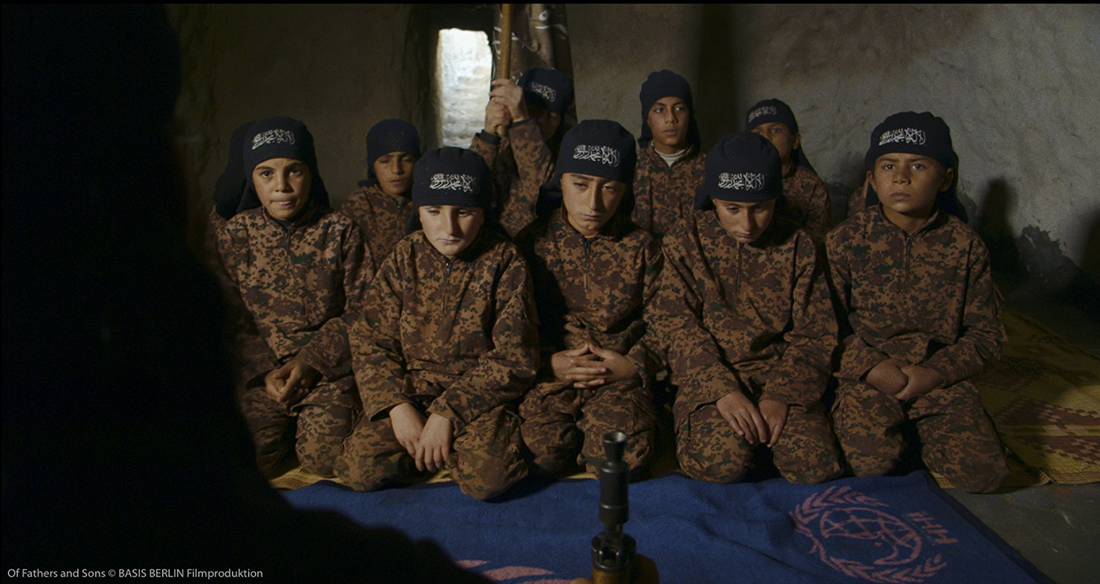
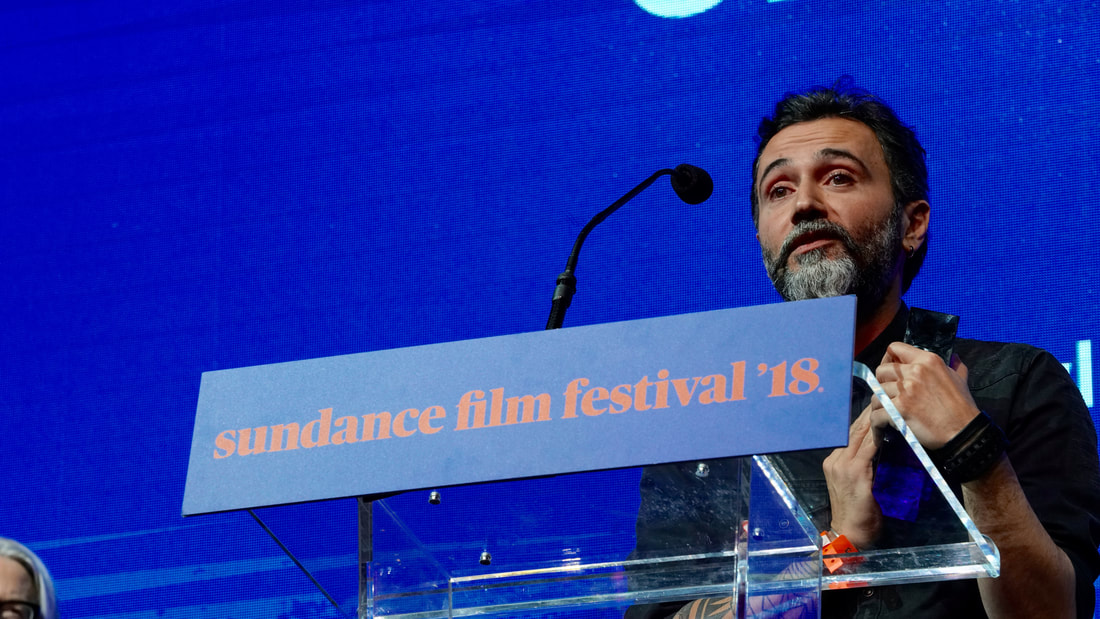
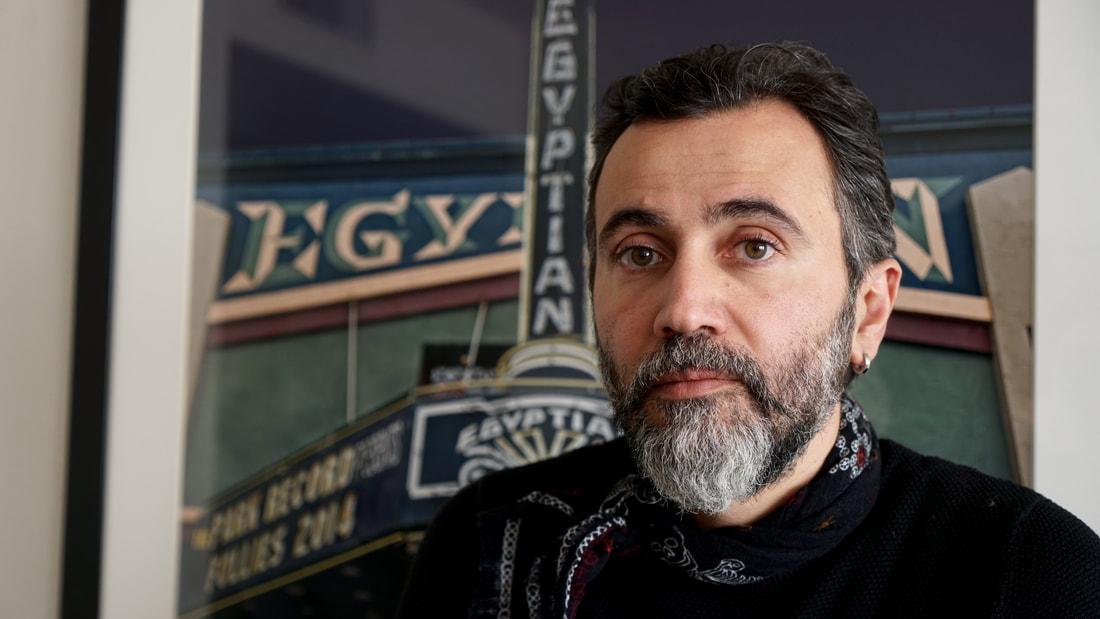
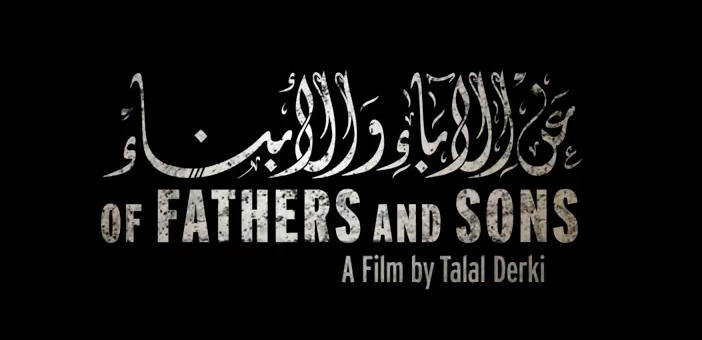
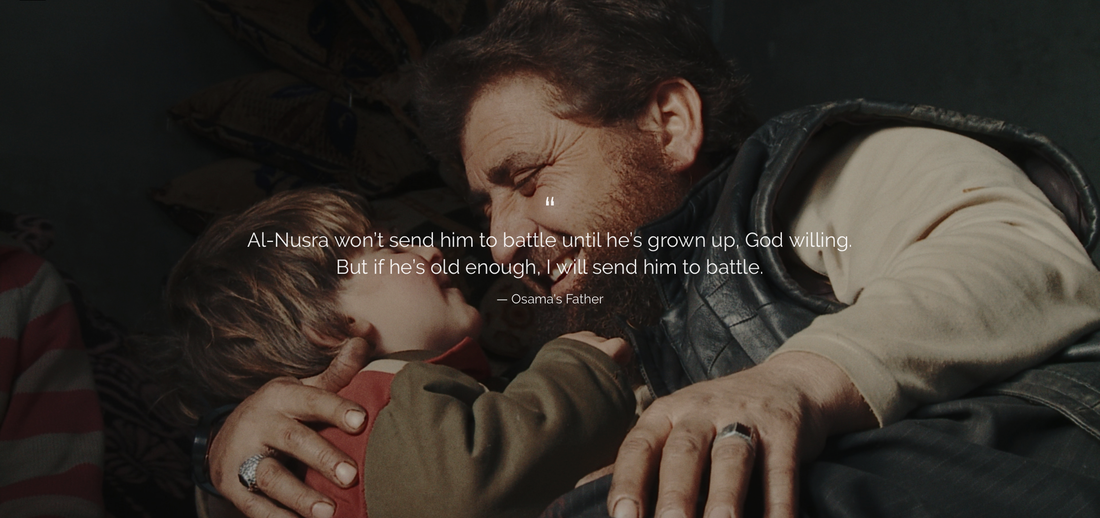
 RSS Feed
RSS Feed